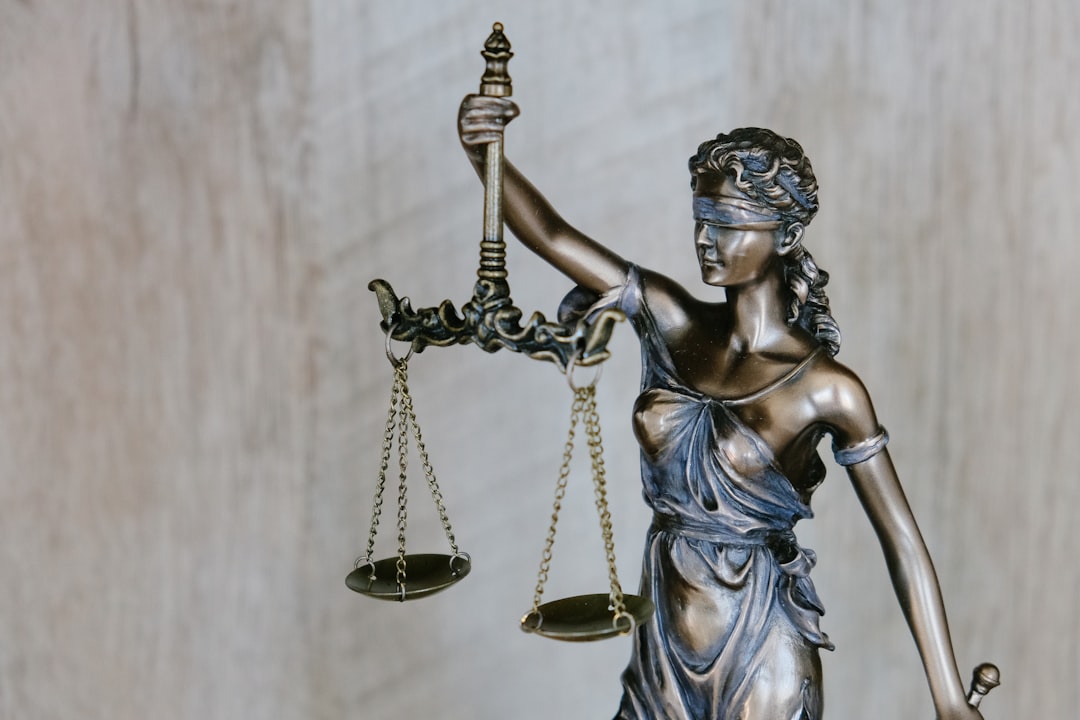Robocall attorneys in South Dakota specialize in harassment law, helping victims of automated phone calls determine if unwanted or excessive calls constitute illegal harassment. These experts guide clients through legal options like injunctions and damages to stop harassing behavior and hold perpetrators accountable, protecting consumer rights against intrusive robocalls.
In the digital age, understanding what constitutes harassing calls is paramount. This guide delves into the intricacies of South Dakota’s harassment laws, with a specific focus on robocalls. We break down key terms and explore how automated phone calls, or robocalls, can contribute to harassment cases. As robocall attorneys in South Dakota, we aim to demystify these legal concepts, empowering individuals to protect their rights and navigate the complexities of communication law effectively.
Understanding Harassment Laws in South Dakota

In South Dakota, harassment laws are designed to protect individuals from unwanted and oppressive behavior, including repeated phone calls that can constitute a violation of civil rights. The state’s legal framework defines harassment as any persistent or systematic course of conduct directed at an individual with the intent to cause substantial emotional distress or to intimidate, menace, or threaten such person. This includes robocalls, where automated systems or pre-recorded messages are used to make repeated calls without the recipient’s consent.
Robocall attorneys in South Dakota specialize in navigating these complex legal issues and advocating for victims of harassment. They help determine if a series of phone calls crosses the line from mere inconvenience to illegal harassment based on factors like frequency, content, and intent. These experts guide clients through legal remedies available, which may include seeking injunctions, damages, or other forms of relief to stop the harassing behavior and hold perpetrators accountable.
Key Terms: What Constitutes a Robocall?

A robocall refers to an automated telephone call using a dialer system that simultaneously dials numerous phone numbers, often in a random or sequential manner. These calls are typically generated by pre-recorded messages and can be used for various purposes, including marketing, debt collection, or political campaigning. While many robocalls are legitimate, some may constitute harassment.
In South Dakota, as in many other states, laws protect consumers from unwanted robocalls, especially when they become persistent, intrusive, or use deceptive practices. Key terms like “unwanted,” “persistent,” and “deceptive” are crucial here. Robocall attorneys in South Dakota help individuals understand their rights and take legal action if they’ve been subjected to harassing calls. These experts can guide you through the complexities of telecommunications law to ensure your rights as a consumer are protected.
Legal Definition of Unwanted Contact

In the context of telecommunications, the legal definition of unwanted contact, often referred to as harassment, varies across jurisdictions but generally centers on protection from intrusive or nuisance calls. In South Dakota, for instance, robocall attorneys and legal experts interpret harassment as any telephone call made using an automatic dialing system (ATS) or prerecorded message that is deemed unreasonable or excessive under the circumstances. This includes calls that a recipient finds annoying, obtrusive, or offensive, regardless of whether they have expressed explicit consent or disinterest in receiving such messages.
The key terms “unwanted” and “excessive” play pivotal roles in determining what constitutes harassing behavior. Robocall attorneys argue that the primary focus should be on the impact these calls have on the recipient’s privacy and peace, emphasizing that even a single unwelcome call can be considered harassment if it violates established do-not-call policies or causes distress to the individual receiving it. Understanding these legal definitions is crucial for both consumers seeking protection from robocalls and businesses aiming to comply with South Dakota’s regulations to avoid being labeled as harassers.
The Role of Robocalls in Harassment Cases

In recent years, robocalls have become a significant factor in harassment cases across the United States, including South Dakota. These automated phone calls, often used for marketing purposes, can be particularly intrusive and distressing when they violate individuals’ privacy or engage in aggressive sales tactics. Robocall attorneys in South Dakota play a crucial role in navigating these complex legal issues. They help clients understand their rights and take appropriate action against businesses or individuals using robocalls for harassment.
With the rise of technology, robocalls can be easily generated and distributed, making them a common tool for telemarketers. However, when these calls become unwanted, repetitive, or use deceptive practices, they cross the line into harassment. Robocall attorneys specialize in recognizing these violations and guiding clients through legal remedies, which may include blocking calls, seeking damages, or putting an end to the harassing behavior once and for all.






